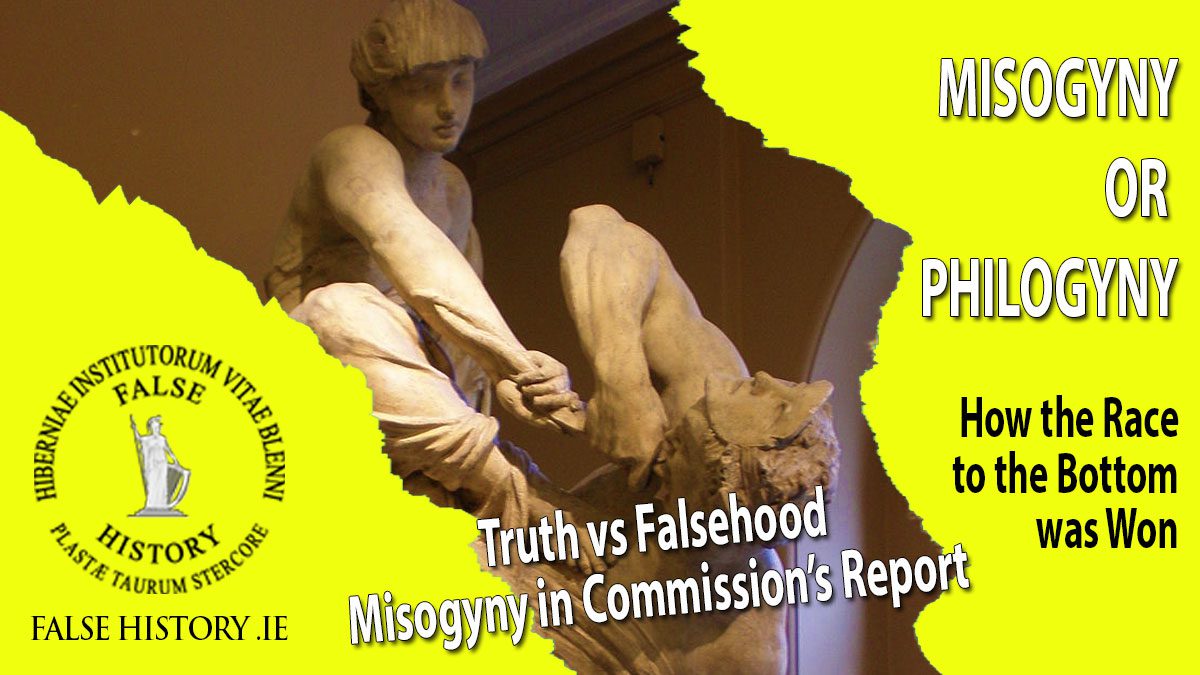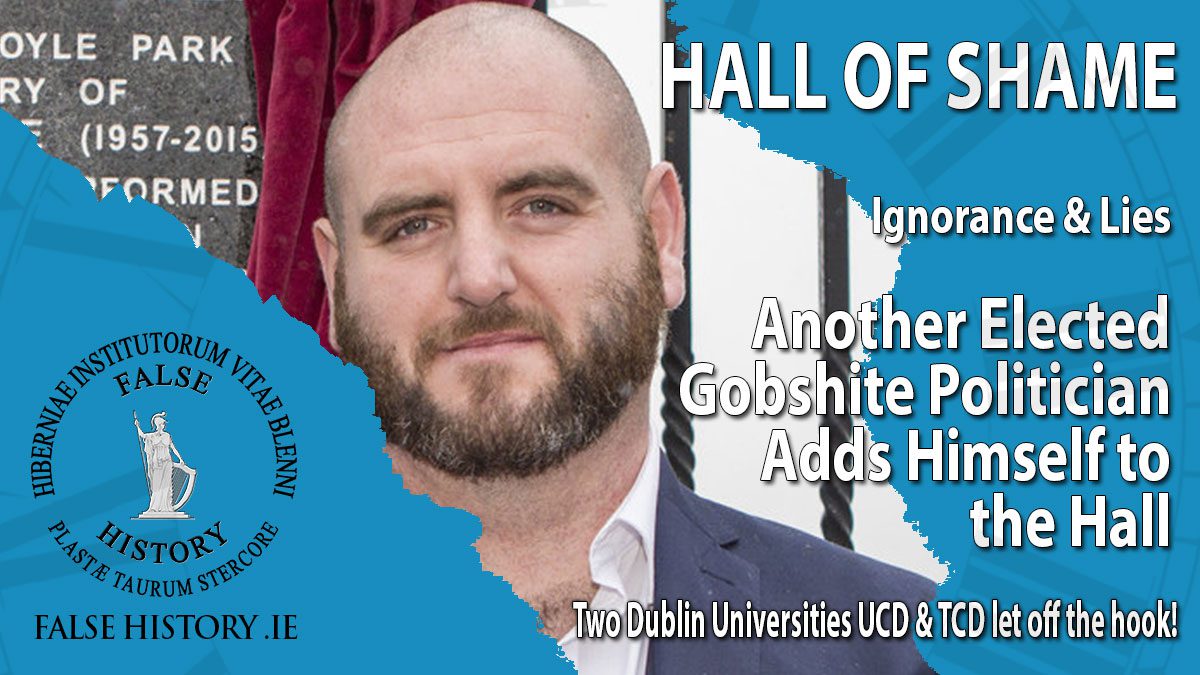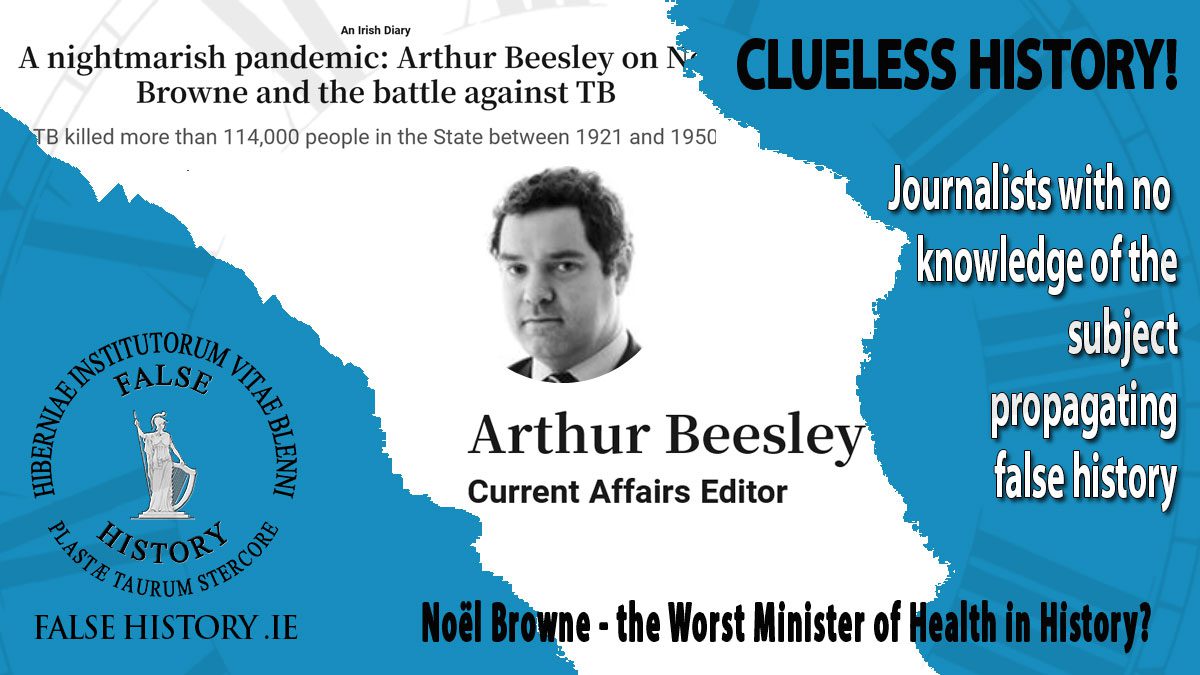Despite newspaper reports that Ireland was once a ‘deeply misogynistic’ society, the word makes only one appearance in the commission’s report. The commission do not use the word directly, instead they quote a feminist historian, Lindsey Earner-Byrne. However, Earner-Byrne’s opinion is not justified in the context of the debate.
On page 45 the report states:
Earner-Byrne states that the Minister for Justice, James Fitzgerald Kenney, who introduced the legislation ‘presented a disturbingly misogynistic approach to welfare’, presenting the unmarried mother as ‘temptress and blackmailer’.
It is clear from the debate that James Fitzgerald Kenney was not labelling all unmarried mothers as Earner-Byrne has described. He was referring to different types of people who might take advantage of the new law as it was then proposed.
The law in question was a philogynistic attempt to help unmarried mothers to get maintenance from the putative father. It required the unmarried mother to go to court and name the father who then would be issued with a court order for maintenance of the child. A debate took place on whether it was better to hold the cases with members of the public present, or with only the press present or completely in-camera.
As would be expected when formulating new laws, various types of scenarios were imagined and thrashed out. One concern was that unscrupulous persons might use the courts to blackmail innocent men, especially if the cases were heard in public or the names of individuals were published in the press. In this scenario, a man could find himself deliberately targeted by a ‘temptress’ whose primary motivation was money. It often happened, in Ireland and abroad, that well-to-do men were often targeted in such a way, and in many cases the child was not even his.
However, the point James Fitzgerald Kenney was articulating was that he believed that when a man was wrongly charged and the case dismissed by the court, the name of his accuser should be published as deterrent against false charges and that a wrongly accused man should have his good name vindicated in public.
The parliamentary record shows that James Fitzgerald Kenney was replying to a question about amending sub-section 6 (a) of the Act, which dealt with the naming of individuals in the case. In the end, the decision was to hold courts with no members of the public present, but press reporters were permitted to attend. Accordingly, the names of the plaintiff, defendant and court officials could appear in public, but they were prevented from publishing details of the proceedings, other than if significant points of law arose.
This acceptance of another person’s opinion without any check for its validity or truthfulness is a problem persistent throughout the commission’s report and has a significant malignant effect on the on many of the report’s conclusions.
Taking the word of academic historians as gospel, also points to significant failings within Irish academic history. Scholars are too frightened of feminist historians to challenge claims, even when they might appear to be totally incorrect.
The assumption of academic inerrancy is a failure of biblical proportions, and the commission’s report is peppered with false assumptions.
You can read the original debate here.
https://www.oireachtas.ie/en/debates/debate/dail/1930-06-11/30/
EJ




